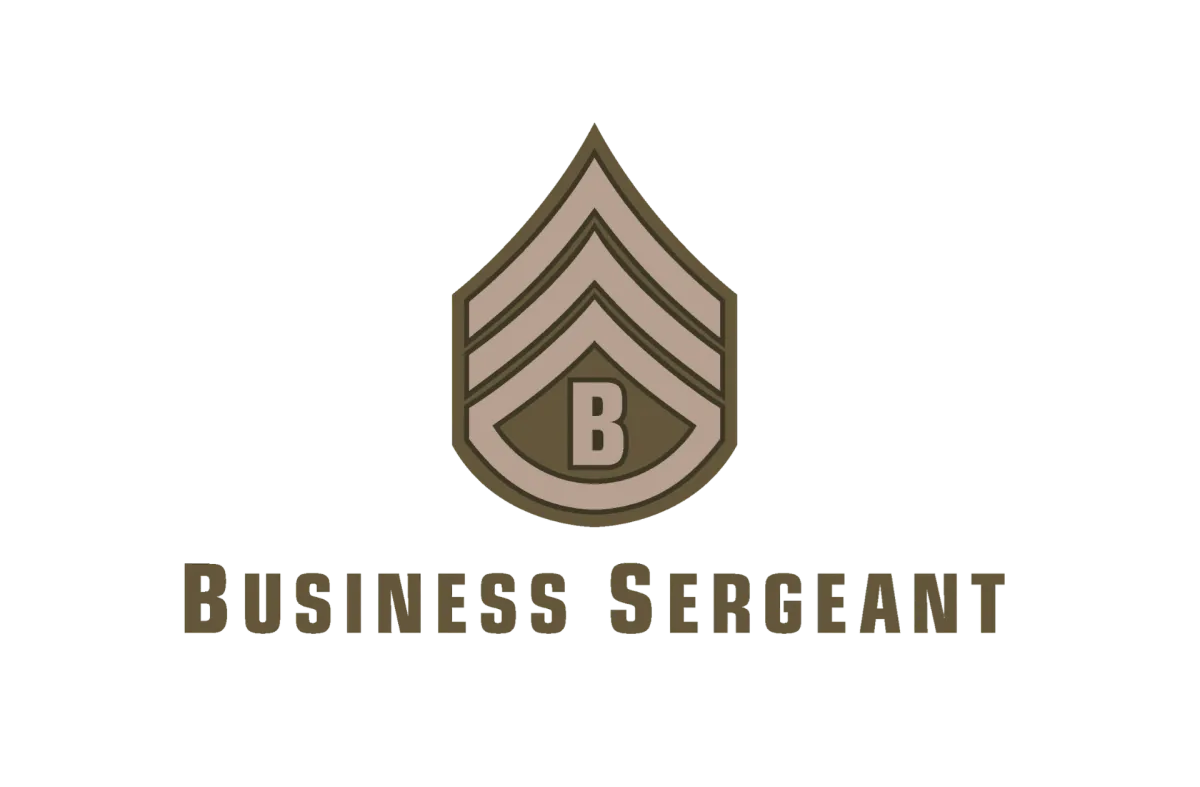Contact Us
Get In Touch With Us
Our team is comprised of subject matters experts including entrepreneurs, veterans, personal & professional growth coaches—dedicated to helping you reach your full potential.
We’re here to support & create incredible opportunities for veterans & veteran friendly businesses.
Win/Win.
Reach out today and take the first step.

Opening hours
M: 9am - 5pm
T: 9am - 5pm
W: 9am - 5pm
T: 9am - 5pm
F: 9am - 5pm
Services
Veteran & Special Ops Vet Permanent Placement
Fractional Help until reinforcements arrive!
Team Building Events
EOS Implmentation
Outgrow Sales Doing (Not Traning)
Important links
© Copyright 2025 Business Sergeant LLC. - All Rights Reserved.
